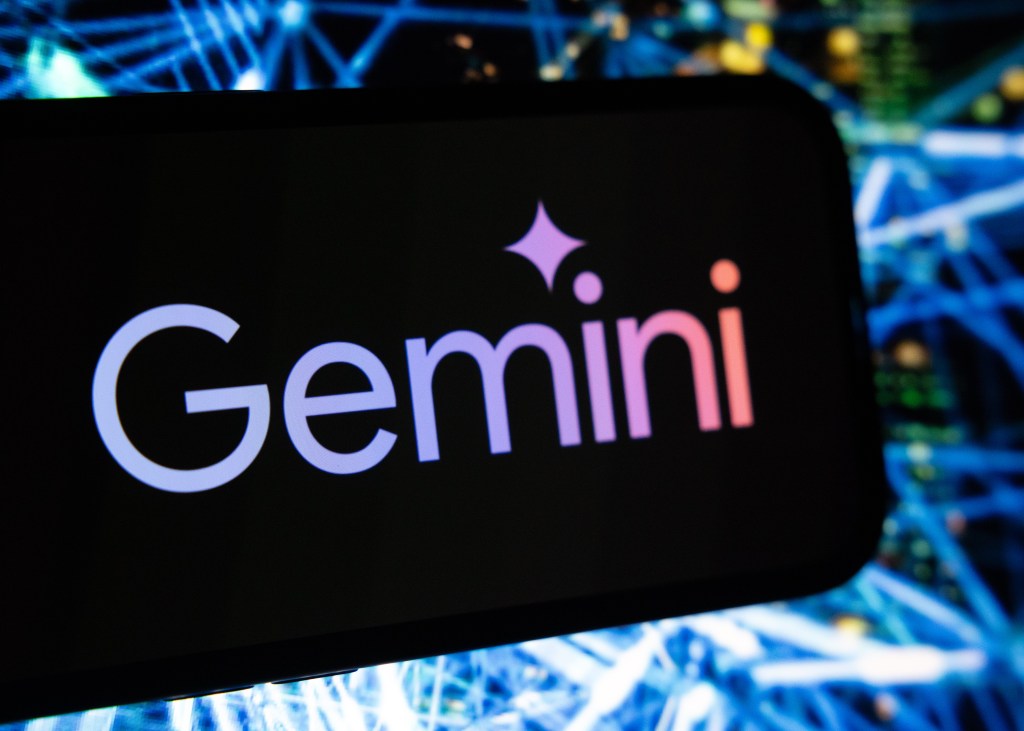In a significant boost to the European startup ecosystem, DIG Ventures has successfully closed its second fund, amassing $100 million to invest in early-stage B2B SaaS, artificial intelligence (AI), and cloud infrastructure companies. This fund primarily targets pre-seed and seed-stage startups across Europe, with additional considerations for promising ventures in Israel and the United States.
A Founder-Led Approach to Venture Capital
DIG Ventures distinguishes itself through its operator-led model, spearheaded by Ross Mason, the founder of MuleSoft—a company acquired by Salesforce in 2018 for $6.5 billion. After this monumental exit, Mason transitioned from entrepreneur to investor, establishing DIG Ventures initially as a family office before evolving it into a venture capital firm. Partnering with Melissa Klinger, former UK sales lead at MuleSoft, Mason has cultivated a team that brings firsthand startup experience to the investment process.
Joining Mason and Klinger are Rytis Vitkauskas, founder of YPlan (acquired by Time Out) and former partner at Lightspeed, and Scott Grimes, co-founder of Stackin’ and Uproxx (acquired by Warner Music). This collective expertise positions DIG Ventures to offer more than just capital; they provide strategic guidance rooted in real-world entrepreneurial experience.
Strategic Investment Focus
The new fund is backed by a diverse group of limited partners, including The Hillman Company, Granite Capital, Sofina, and Grove Street. Notably, it also features investments from industry leaders such as Olivier Pomel, founder of Datadog, and several MuleSoft executives. This robust backing underscores the confidence in DIG Ventures’ approach and its potential impact on the startup landscape.
DIG Ventures has already begun deploying capital from this fund, investing in companies like Dash0, an observability platform; Nexos.ai, an AI orchestration platform; and PolyAPI, an enterprise middleware solution. These investments reflect the firm’s commitment to supporting innovative technologies that address complex business challenges.
Addressing the European Funding Landscape
The launch of DIG Ventures’ $100 million fund comes at a pivotal time for European startups. Recent data indicates a decline in venture funding across the continent, with Q3 2024 marking the lowest quarter since 2020. Despite this downturn, Germany emerged as a bright spot, showing an increase in startup funding. This environment underscores the need for dedicated funds like DIG Ventures to provide essential support to early-stage companies navigating a challenging funding landscape.
A Hands-On Partnership for Founders
What sets DIG Ventures apart is its hands-on, operator-led approach. The team leverages their collective experience to assist portfolio companies with go-to-market strategies, product development, and scaling operations. This mentorship is invaluable for founders aiming to build solid, scalable companies efficiently and with reduced stress.
Mason emphasizes the importance of engaging with founders on a conversational level, drawing from their own experiences at MuleSoft. Klinger highlights the firm’s ability to take highly technical products and effectively bring them to market—a critical component of success in the B2B SaaS and infrastructure sectors.
A Commitment to European Innovation
DIG Ventures’ focus on European startups aligns with a broader trend of increasing support for the region’s entrepreneurial ecosystem. Other venture capital firms have also recognized the potential in Europe, launching substantial funds to back early-stage companies. For instance, byFounders closed a €100 million fund to support Nordic and Baltic startups, emphasizing the region’s growing prominence in the global tech landscape.
Conclusion
The establishment of DIG Ventures’ $100 million fund represents a significant commitment to fostering innovation and growth among early-stage European startups. By combining substantial financial resources with the practical insights of experienced operators, DIG Ventures is well-positioned to make a meaningful impact on the success of emerging companies in the B2B SaaS, AI, and cloud infrastructure sectors. As the European startup ecosystem continues to evolve, initiatives like this are crucial in providing the support and guidance necessary for the next generation of entrepreneurs to thrive.



